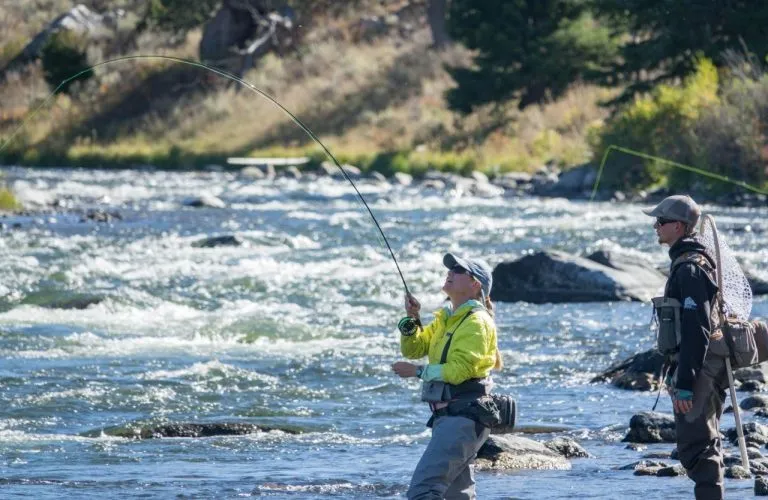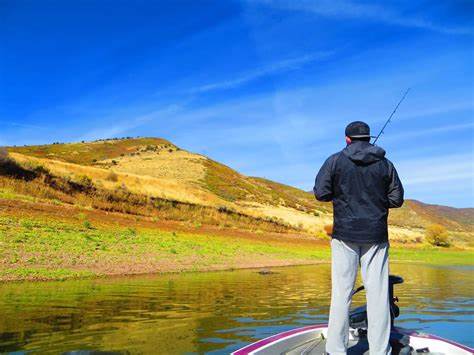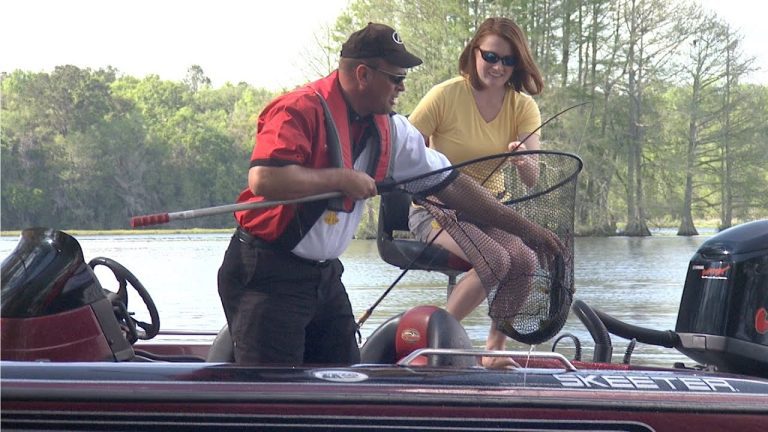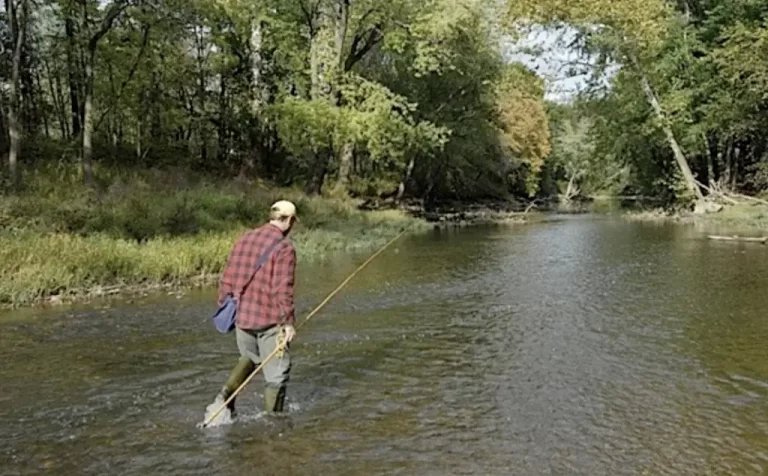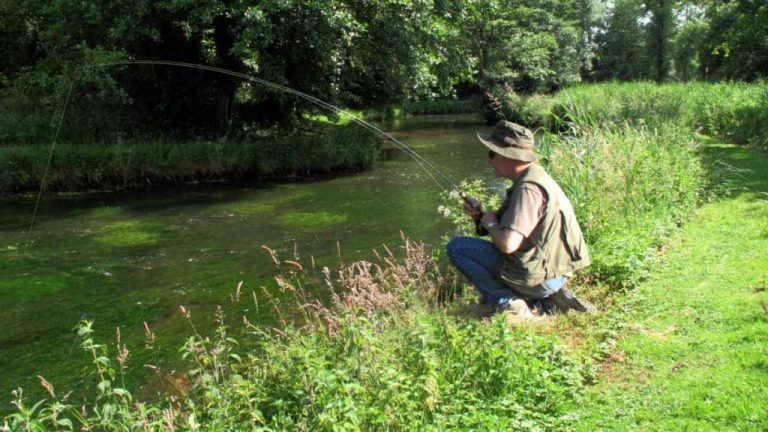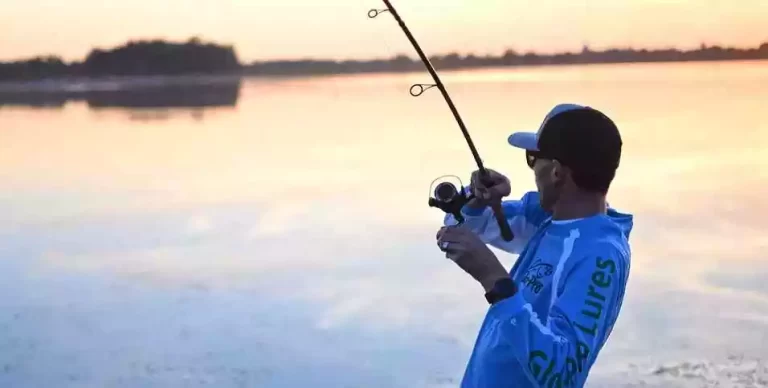Fishing is a beloved pastime in the Sunshine State, with its diverse waterways teeming with an incredible variety of fish species. From the crystal-clear flats of the Florida Keys to the bass-filled lakes of the interior, Florida offers an angler’s paradise. However, before you can embark on your fishing adventure, you’ll need to obtain a valid fishing license. In this comprehensive guide, we’ll cover everything you need to know about getting a fishing license in Florida in 2024.
Why You Need a Florida Fishing License
Purchasing a fishing license is not only a legal requirement but also a crucial contribution to the conservation and management of Florida’s aquatic resources. The revenue generated from license sales helps fund the Florida Fish and Wildlife Conservation Commission’s (FWC) efforts in fish and wildlife research, habitat restoration, law enforcement, and public education programs.
According to the FWC, “A Florida fishing license is required for residents and non-residents to take or attempt to take finfish, shellfish, or other marine life for recreational purposes in Florida.” By obtaining a license, you’re playing a vital role in supporting the long-term sustainability of the state’s world-class fishing opportunities.
Who Needs a Florida Fishing License?
In general, a fishing license is required for anyone aged 16 or older who wishes to fish recreationally in Florida. However, there are a few exceptions:
- Children under 16 years old are exempt from needing a fishing license.
- Florida residents aged 65 and older with proof of age and residency can fish without a license.
- Anglers fishing from a licensed charter boat or pier are covered by the vessel’s license.
- Freshwater fishing on a licensed private lake does not require an individual license.
- Saltwater fishing from the Gulf, Atlantic, or Florida Bay shorelines is permitted without a license, as long as you remain on the shoreline and do not use a vessel.
Types of Florida Fishing Licenses
Florida offers several different license options to cater to various fishing preferences and needs. Here’s a breakdown of the available licenses and their costs:
Resident Fishing Licenses:
- Annual Freshwater: $17
- 5-Year Freshwater: $79
- Annual Saltwater: $17
- 5-Year Saltwater: $79
- Annual Freshwater/Saltwater Combo: $32.50
Non-Resident Fishing Licenses:
- Annual Freshwater: $47
- 3-Day Freshwater: $17
- 7-Day Freshwater: $30
- Annual Saltwater: $47
- 3-Day Saltwater: $17
- 7-Day Saltwater: $30
Saltwater Fishing Permits (Residents):
- Annual Snook: $10
- 5-Year Snook: $50
- Annual Spiny Lobster: $5
- 5-Year Spiny Lobster: $25
- Annual Tarpon Tag: $51.50
How to Get Your Florida Fishing License
Obtaining your fishing license in Florida is a straightforward process, with several convenient options available:
- Online: The simplest way is to purchase your license online through the FWC’s licensing portal at GoOutdoorsFlorida.com. You can print a copy immediately or use the FWC Fish|Hunt FL mobile app to display your license.
- Phone: You can also purchase licenses by phone at 1-888-FISH-FLORIDA (1-888-347-4356).
- In-Person: Licenses are available at county tax collectors’ offices and over 1,000 retail outlets across the state, including Walmart, Bass Pro Shops, and many bait and tackle shops.
- Mobile App: The FWC’s Fish|Hunt FL mobile app allows you to view, share, and reprint licenses on your smartphone. You can also use the app to easily purchase licenses and permits.
Florida Fishing Regulations to Know
Before you embark on your angling adventure, it’s crucial to familiarize yourself with Florida’s fishing rules and regulations. Some key regulations to keep in mind include:
- Saltwater bag and size limits: Specific limits on the number and size of fish you can keep for various saltwater species.
- Freshwater bag limits: Limits on the number of freshwater fish you can keep per day.
- Closed seasons: Certain species may have designated closed seasons when fishing is prohibited to protect their populations during spawning or other critical periods.
- Special management areas: Some areas may have additional regulations or restrictions in place to protect sensitive habitats or fish populations.
- Gear requirements and restrictions: Regulations on the types of fishing gear and methods that are allowed or prohibited in certain areas.
You can find detailed information on all recreational fishing regulations on the FWC’s Rules and Regulations page.
Supporting Conservation Efforts
By obtaining your Florida fishing license, you’re not only ensuring compliance with the law but also contributing to the long-term sustainability of the state’s incredible fishing opportunities. License sales generate over $50 million annually for the FWC’s fish and wildlife research, enforcement, and management efforts.
Your contribution helps fund critical initiatives such as habitat restoration, fish stocking programs, artificial reef construction, and public education campaigns. By supporting these efforts, you’re playing a vital role in preserving Florida’s rich aquatic resources for generations of anglers to come.
Conclusion
Fishing in Florida is an unforgettable experience, offering anglers the opportunity to pursue a wide variety of species in diverse and breathtaking environments. By obtaining your fishing license, you’re not only ensuring compliance with the law but also contributing to the conservation and management of these precious natural resources.
Whether you’re a resident or a visitor, take the time to familiarize yourself with the licensing requirements, regulations, and responsible fishing practices. Trust me, once you experience the world-class fishing opportunities Florida has to offer, you’ll be hooked (pun intended)! So, what are you waiting for? Get your license, grab your gear, and start making memories on the water.
How long is my fishing license valid?
Annual fishing licenses are valid for 12 months from the date of purchase, while short-term licenses (3-day or 7-day) are valid for the specified number of consecutive days. Lifetime and 5-year licenses remain valid for the entire duration.
What happens if I lose my fishing license?
If you lose your physical license, you can easily print a duplicate online at no cost through your GoOutdoorsFlorida.com account. If you have a digital copy on your smartphone, simply present that to law enforcement if requested.
Are there any free fishing days in Florida?
Yes, Florida offers several license-free fishing days each year. On these designated days, residents and non-residents can fish without a license, although all other regulations still apply. For 2024, the saltwater license-free fishing days are June 1-2, September 7, and November 30.
Do I need separate licenses for freshwater and saltwater fishing?
While Florida does offer separate freshwater and saltwater licenses, the most cost-effective option for anglers who plan to fish in both types of waters is the combination license. This license covers both freshwater and saltwater fishing at a discounted price compared to purchasing individual licenses.
What are the consequences of fishing without a license in Florida?
Fishing without a valid license is a second-degree misdemeanor in Florida, punishable by a fine of up to $500 and/or up to 60 days in jail. Additionally, violators may face civil penalties, court costs, and the suspension of their fishing privileges. It’s always best to obtain the proper licenses and permits before casting your line.
